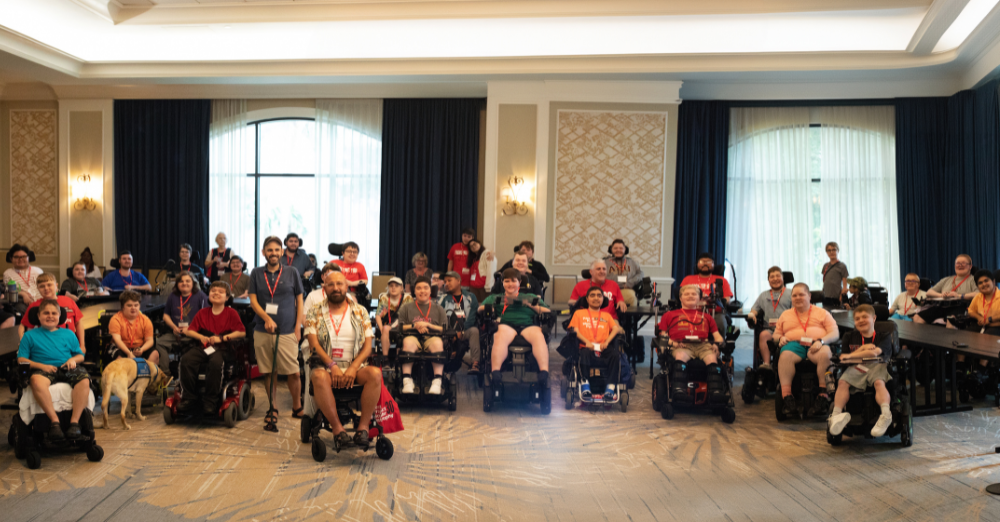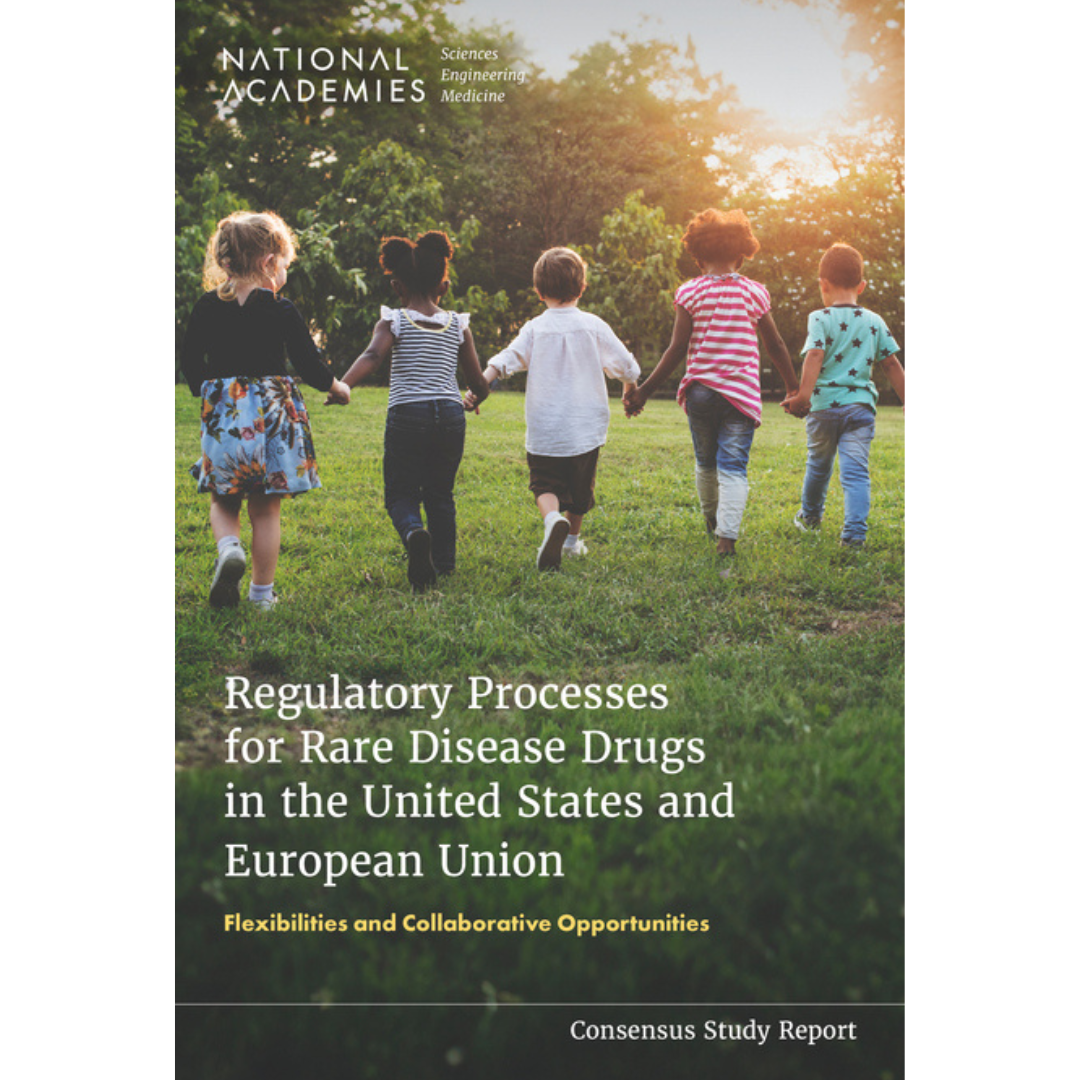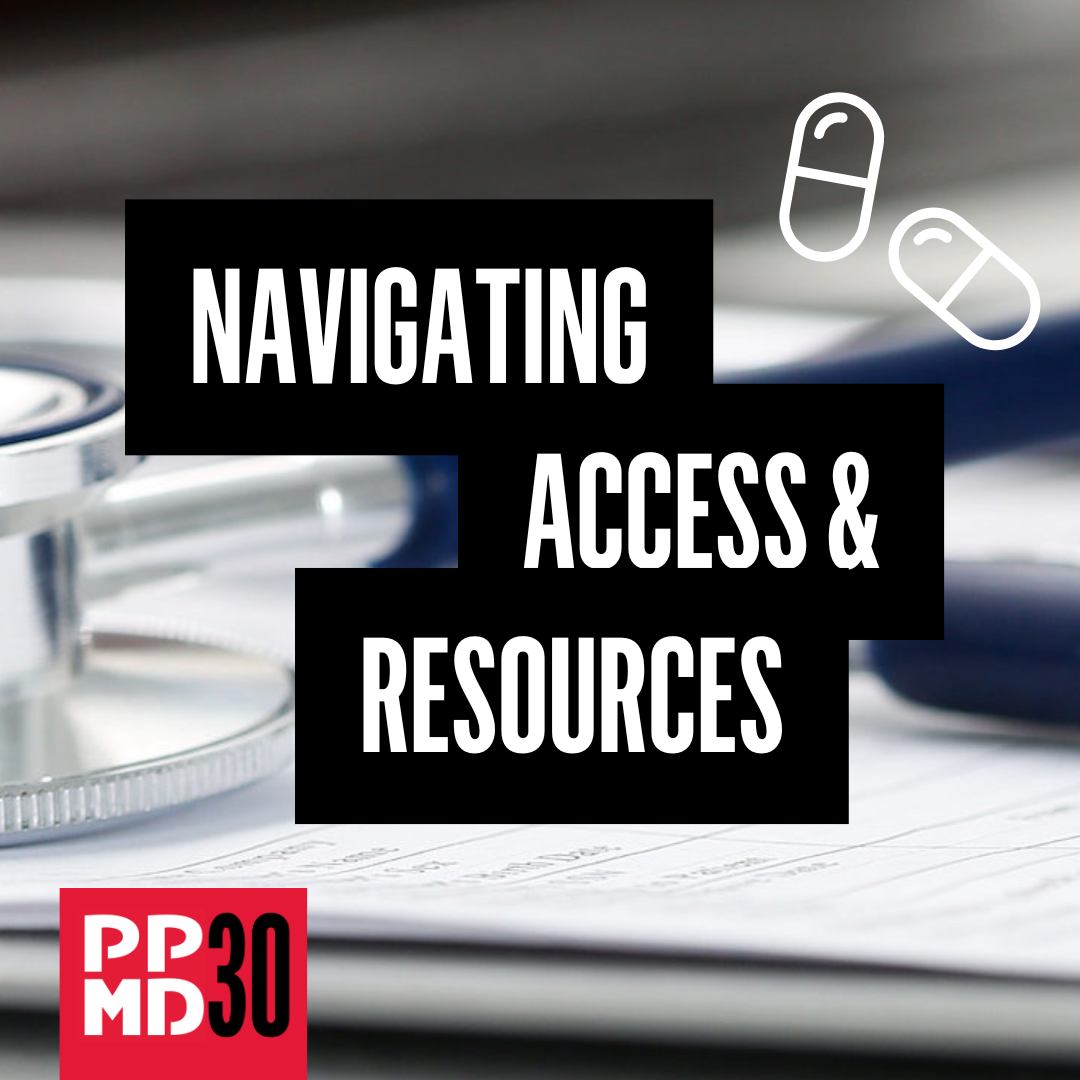
Season 1: Preparing Today for Independence Tomorrow
Our first season, Preparing Today for Independence Tomorrow, will consist of four weekly episodes released during the month of September, hosted by PPMD’s Connect Coordinator Rachel Poysky, a Duchenne mom and PPMD South Texas Connect Coordinator. Each episode will cover topics related to facilitating independence starting from a young age.
Subscribe: Apple Podcasts | Spotify | RSS
Episode 1: Welcome to PPMD’s Living Duchenne
In this launch episode, our host, Rachel Poysky, sits down with PPMD’s president and CEO, Pat Furlong and PPMD board and PAAC member Colin Rensch, to share perspectives on where we started and where we are going as a community, and what this means for living Duchenne.
Resources and Programs Mentioned:
Episode 2: When Milestones Look a Little Different
On this episode, our host Rachel Poysky leads a conversation about meeting life milestones and how they may look a little different Living Duchenne. She is joined by special guests Betty Vertin, parent and PPMD Connect Coordinator, and Sarah McMahan, physical therapist, to discuss the importance of not only meeting children with Duchenne where they are, but meeting them where they are supposed to be.
Episode 3: Preparing to Launch: Care and Support for Children and Teens
On this episode of Living Duchenne, our host, Rachel Poysky, is joined by special guests Adam Wechsler, PPMD Adult Advisory Committee (PAAC) member, and Christina Trout, advanced practice nurse, to discuss planning for transition into adulthood. This conversation emphasizes the importance of building community, accessing important resources, and how it’s never too early to start preparing for your child’s future.
Resources and Programs Mentioned:
- PPMD Adult Advisory Committee (PAAC)
- Assembling a Care Team
- Classroom Resources (Including IEP and 504 Plans)
- Transition of Care Through Adulthood
Episode 4: Life Skills for Independence
Our host, Rachel Poysky, brings together guests Angela Wrigglesworth, educator and disability advocate, and Gretchen Egner, parent and PPMD’s Connect Wisconsin Coordinator, to discuss life skills that foster and encourage independence. The discussion also includes the role of outside caregivers, and how they can help your child develop communication skills, self-confidence, and a greater sense of control and autonomy over their life.







